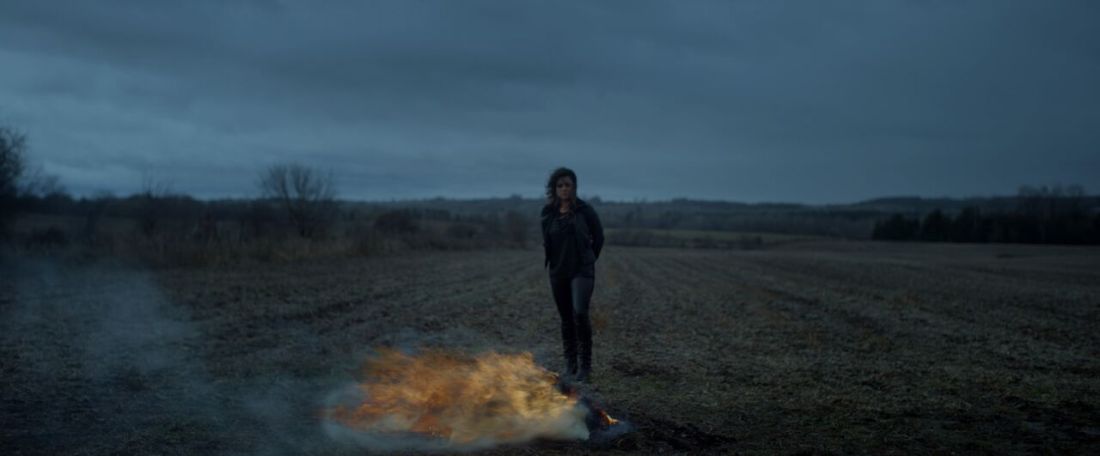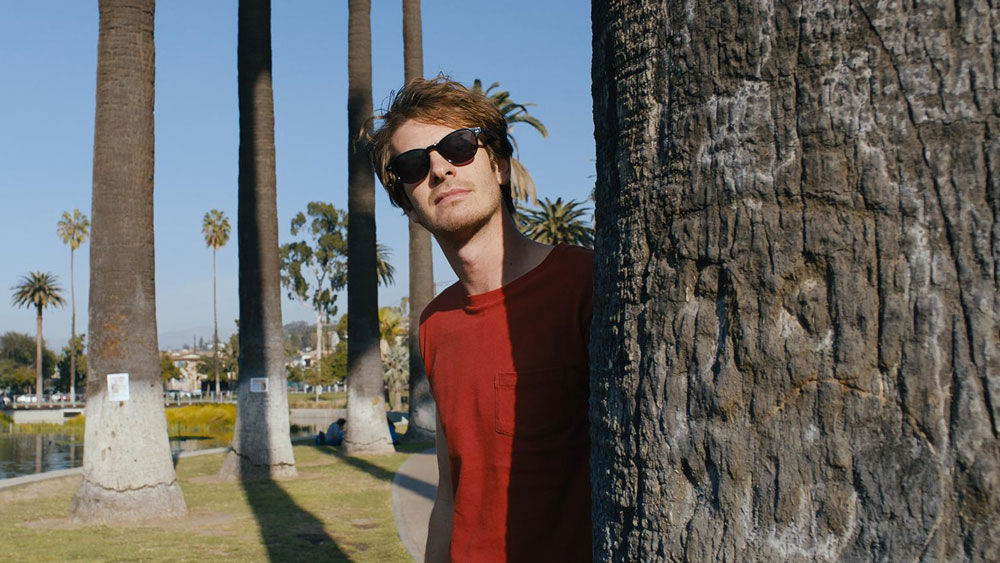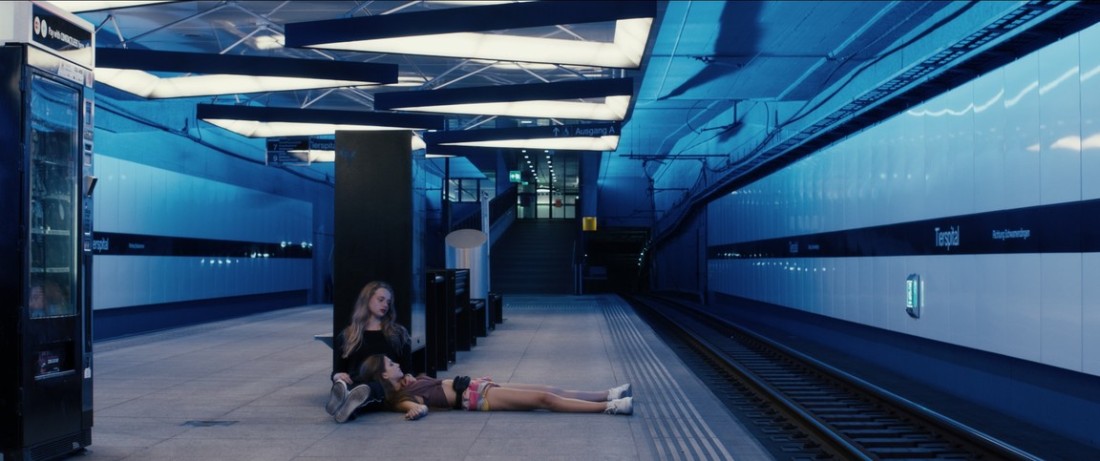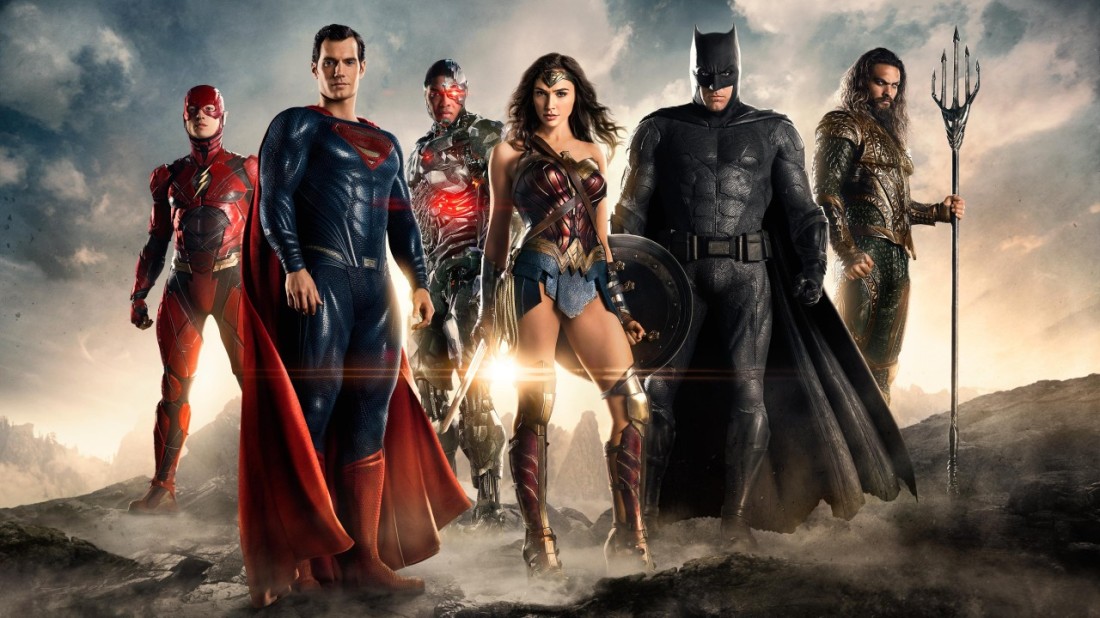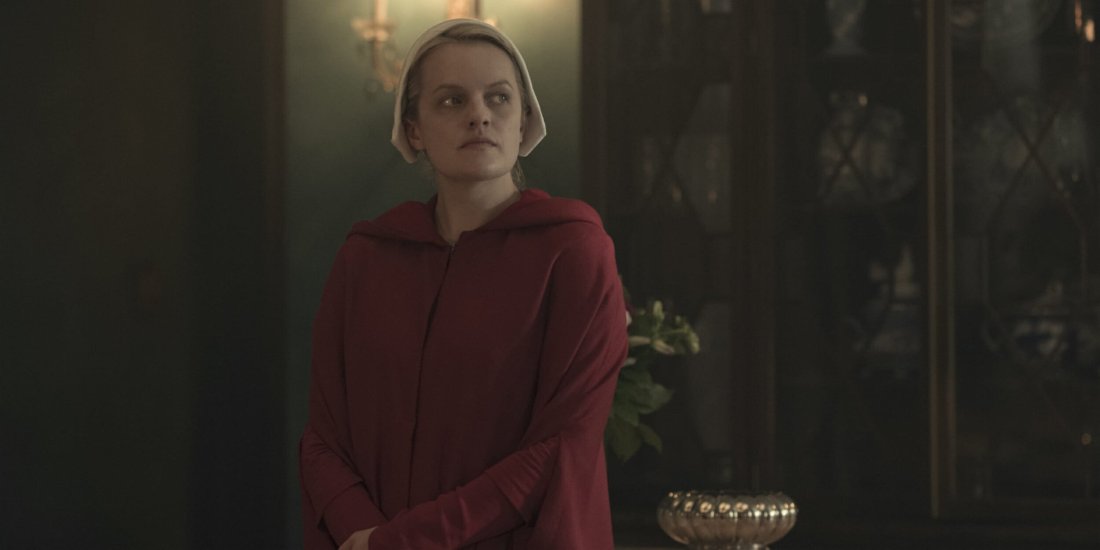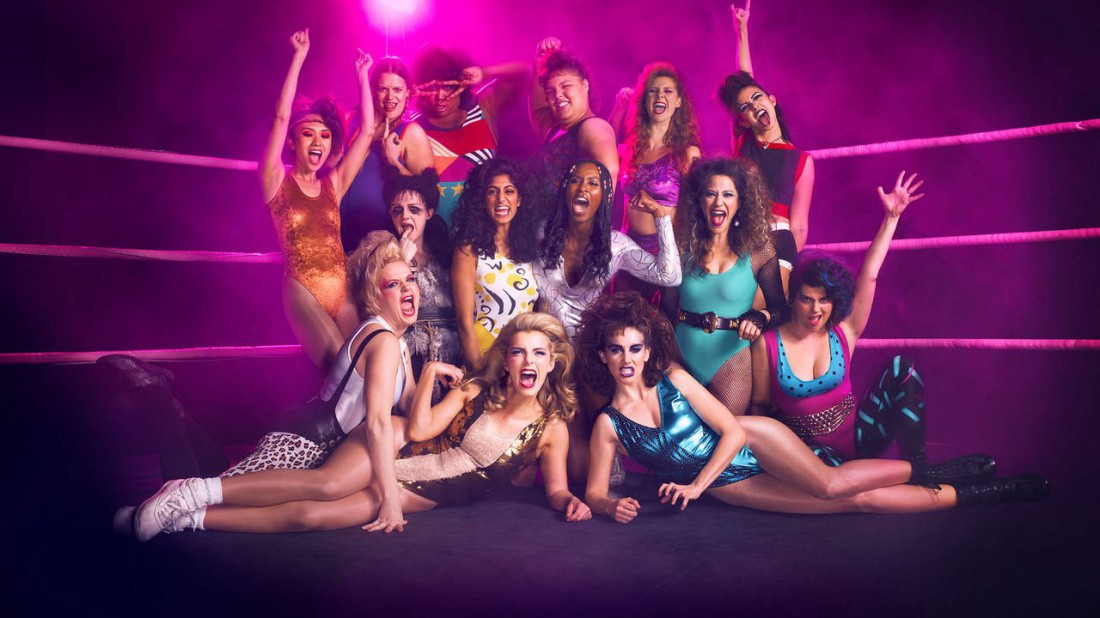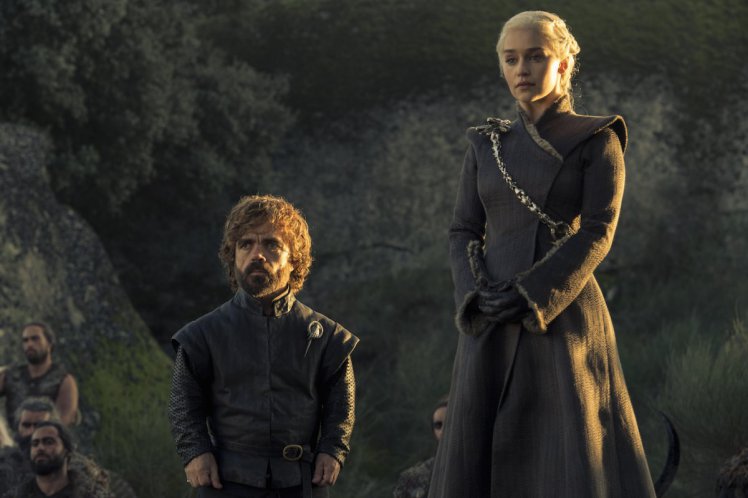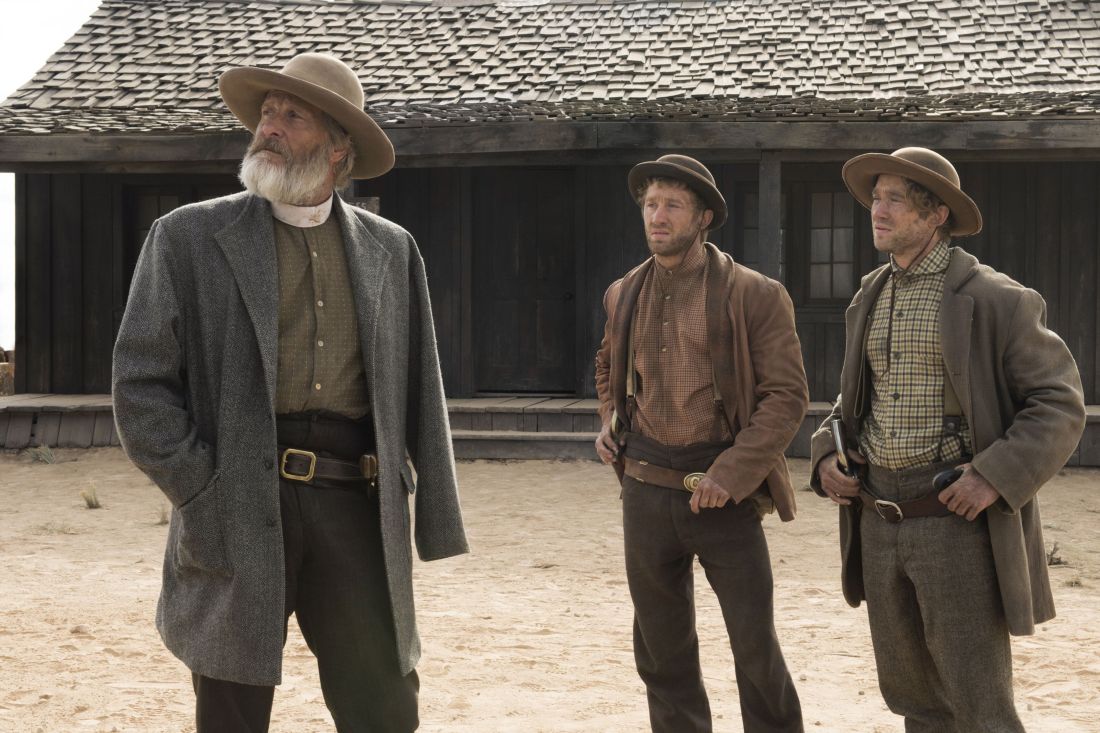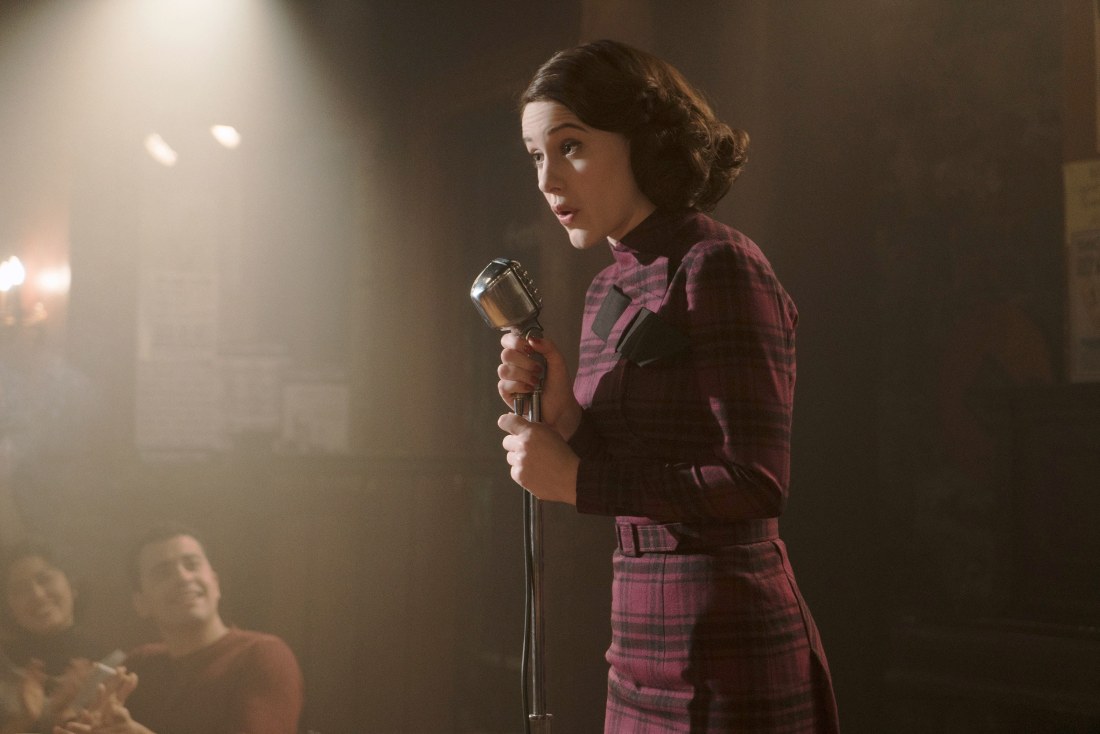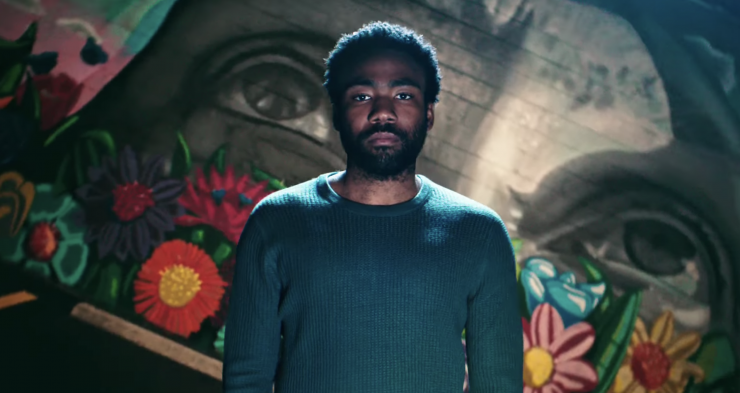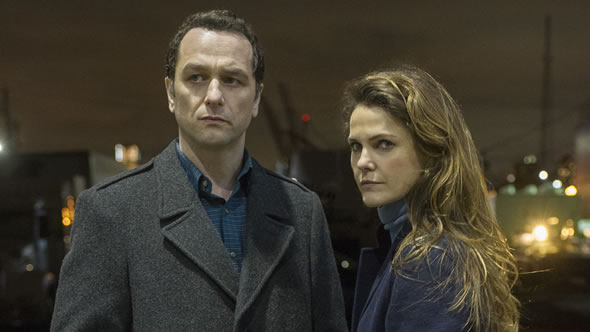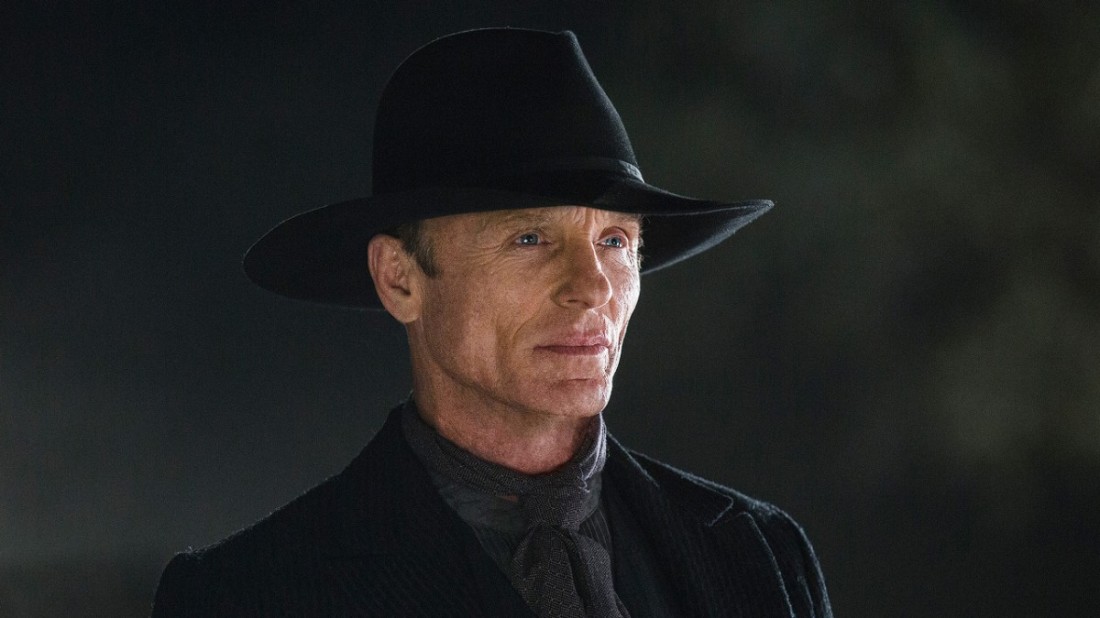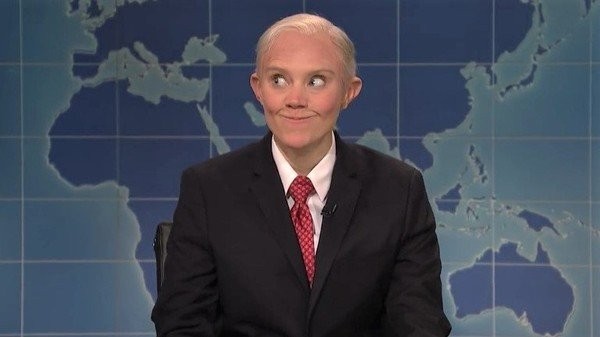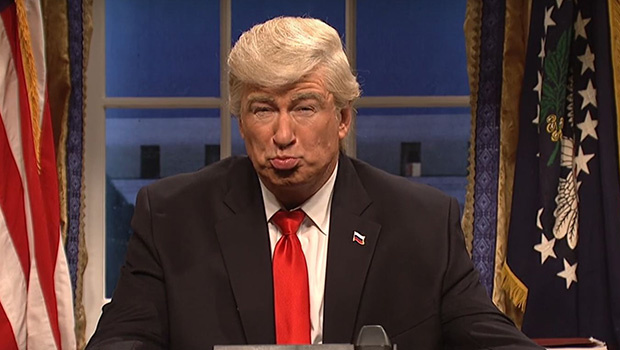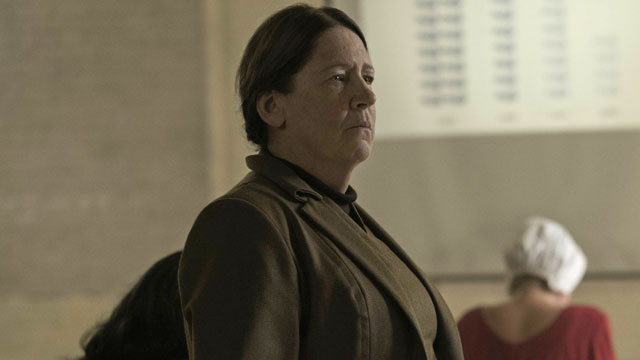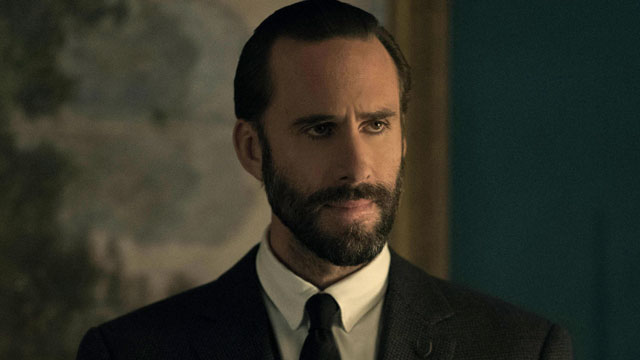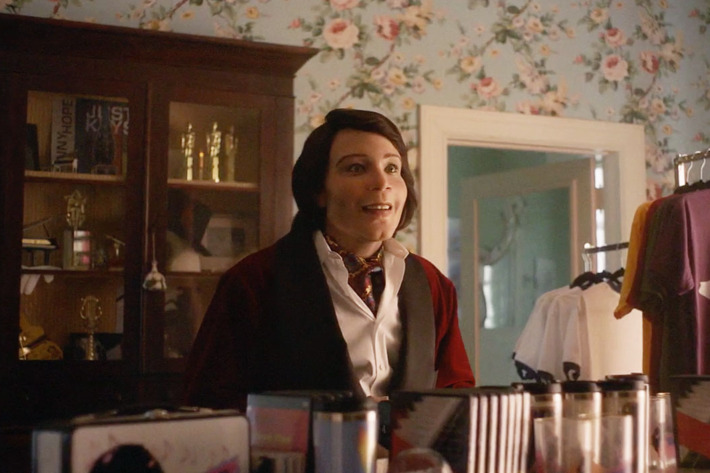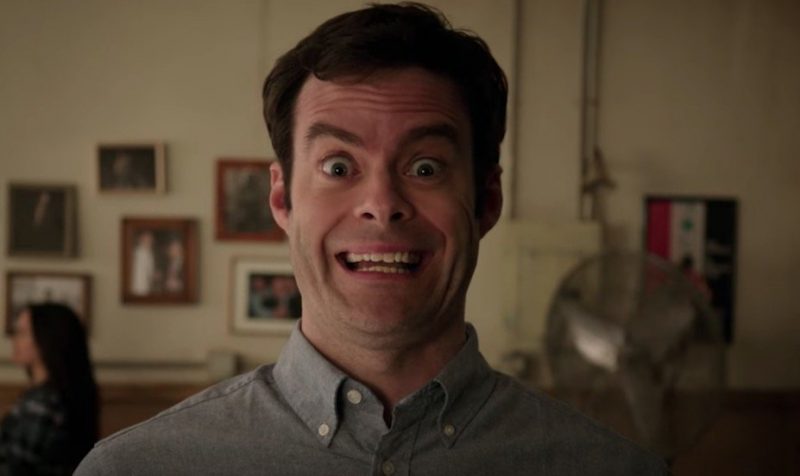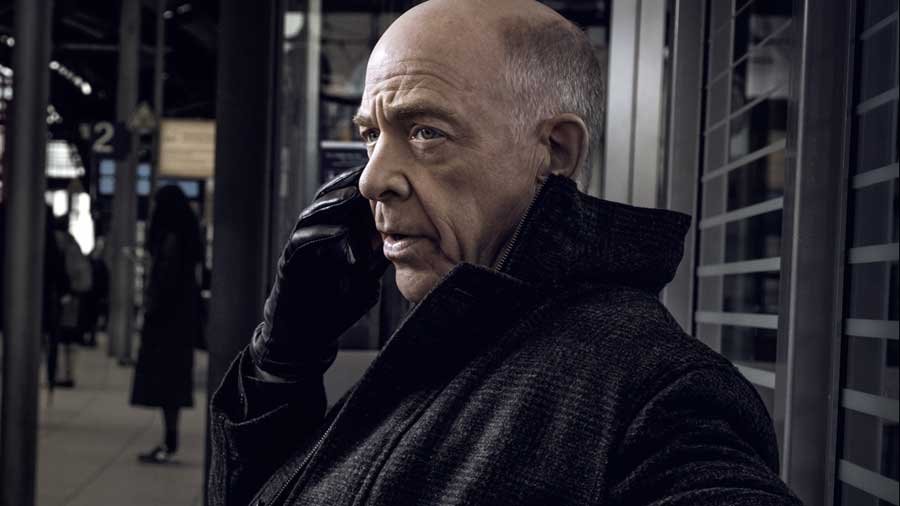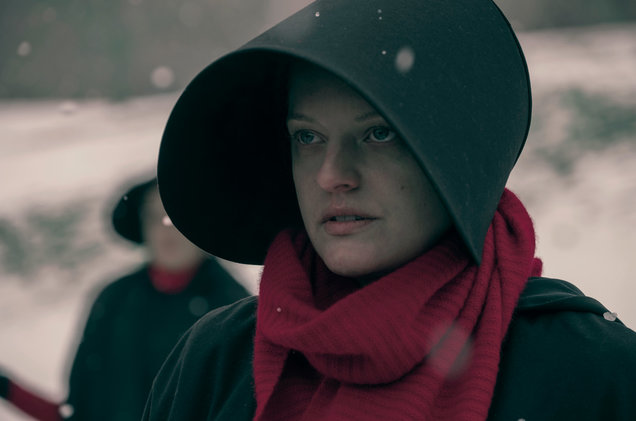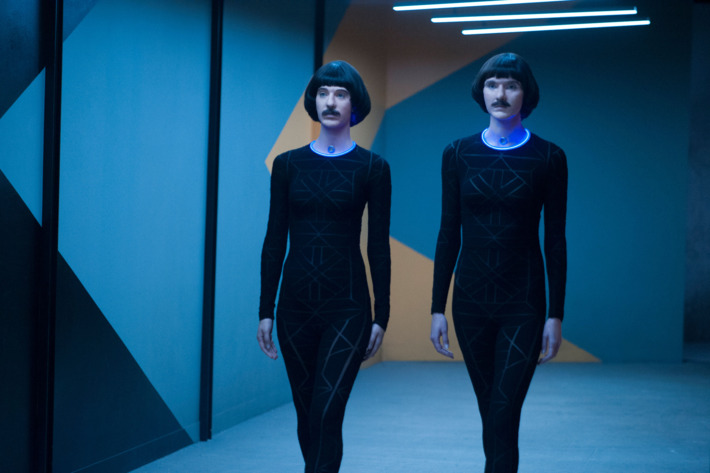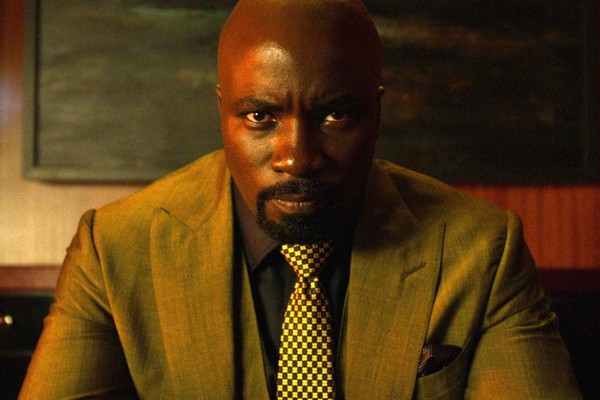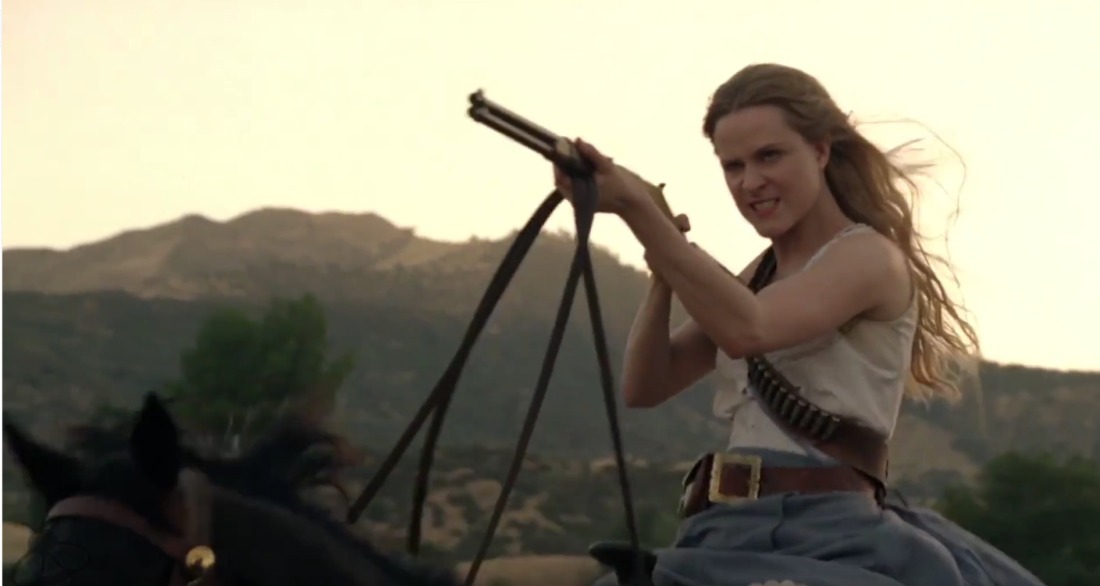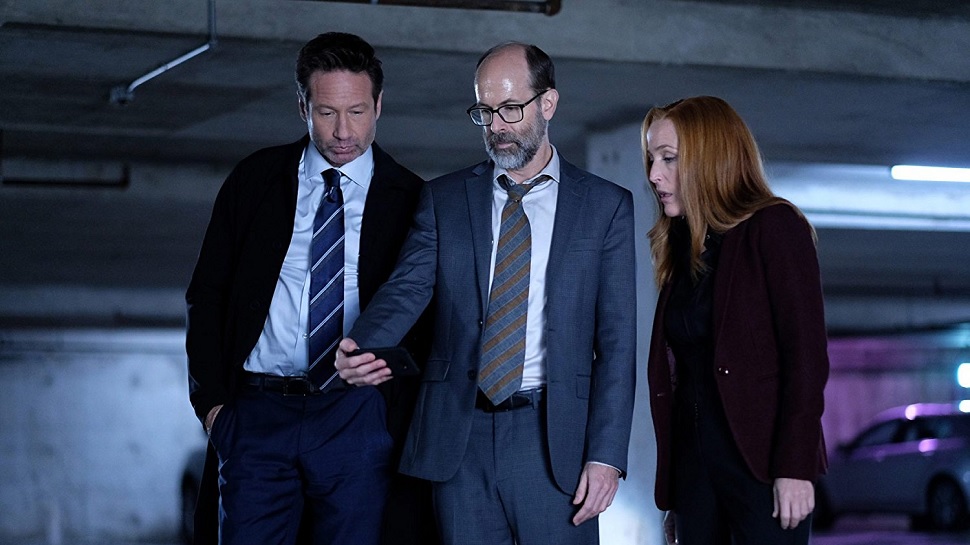A great idea for a science-fiction/horror movie will only go so far in and of itself. Execution is paramount, and executing on an indie film can be a near impossible task these days, even with the greatest of ideas, as indie filmmakers often face seemingly insurmountable odds. Between the sheer amount of movies out there, indie or otherwise, with expansive budgets and recognizable faces and names attached, it’s hard to skate by on merely just a great idea. A movie like Lifechanger, written and directed by prolific Toronto indie horror filmmaker Justin McConnell, and which had its world premiere at Montreal’s Fantasia Film Festival last week, needs to find an edge and needs to be made competently to avoid being labeled as yet another supernatural slasher flick (of which there are a dime a dozen at a fest like Fantasia).
Luckily, Lifechanger more than delivers in this regard, presenting audiences with a well-written, sleekly-made film that supersedes the conceits of a premise which may have wound up overwrought or pedestrian in the hands of another filmmaker. You probably won’t recognize very many, if any of the actors, and you’ll have to adjust your expectations for the limited special effects and action sequences, but otherwise, this is a solid sci-fi/fantasy horror film with an original, well-executed premise.
Lifechanger follows a man simply known as Drew (voiced in narration by Bill Oberst Jr.) who, for decades, has had the ability to assume the form of any person he comes in contact with. To call it an ability might be over-selling it, as we quickly find out that it’s more of a curse. Drew “absorbs” the form of the people he interacts with, leaving behind empty, dead carcasses that he disposes of at a farm in the country. And he doesn’t have much of a choice, as eventually, his body begins to fall apart and he must move on to his next victim. On top of the regular, blasé instances of self-sustaining murder, Drew is also no stranger to killing people outside of when he does it for his metamorphosis, usually to cover his tracks when someone in the life of whoever identity he’s assumed gets an inkling that something’s wrong. So the viewer is presented with a bit of an internal struggle; Drew justifies his action because he deems it his only means of survival, uncertain of what might happen if he succumbs to the degenerative state of each new body he morphs into. Yet he also murders outside of this, and while he claims not to like it, a self-destructive pattern isn’t exactly a justification for serial murder. Drew is a flawed person and most certainly an antihero. He’s selfish, destructive, and has lost the ability to care about anything other than himself. He’s also an addict, barely trying to justify his substance abuse of cocaine and painkillers as things that will help sustain his current form longer. The film doesn’t try to hide this, as Oberst Jr.’s grim, self-loathing narration has more of a tinge of noir to it, reminiscent of all the Maltese Falcon style of films that inspired things like Max Payne.
In any case, we’re meant to empathize with Drew because he’s on what appears to be a final mission, at the end of his journey, as each body lasts him less time than the last, on a quest to make amends with Julia (Lora Burke), the only woman he ever loved, a girlfriend he was forced to abandon at the worst possible moment, when he had to swap bodies. Every new body he takes over, every move he makes is about making things right with her, but as he tries to get close to her with every new form, things get more and more dire and Drew get sloppier, leaving a trail of bodies and mistakes in his wake destined to catch up with him.
Lifechanger works because it’s more than its cool concept. It works because Justin McConnell has something to say through this character. He has a journey on which to take us, through him, a full-fledged story to tell. One that works outside of the parameters of a shapeshifting serial killer. The kind of thing that could work as a character study, as a story about regrets and fleeting love. This is a story as much about a not about a shapeshifter as it is about a flawed man willing to do anything for love, a man with at least a semblance of dimension to him; whereas other movies might make Drew the villain.
Drew has been shapeshifting and therefore murdering for a long time, unencumbered, seemingly, by the law, and relatively comfortable in every new body he comes across. Throughout the film we see him as several young women, a cop, a dentist, and much more, and he explains certain tips and tricks that allow him to stay in a body longer, such as cocaine and painkillers. Basically, the point is that Drew is an addict, be it to substances or his pattern of shapeshifting and murder. It has a kind of noir tinge to it, aided by Oberst Jr.’s grim, self-loathing narration.
What McConnell accomplishes is especially impressive considering a vast array of actors who have to play not only the characters that Drew murders, but eventually, Drew himself. Over the course of the film Drew is a cop, a dentist, several young women and much more, and the actors, despite being mostly unknowns (many of which have but a few credits on their IMDb), do a pretty good job of making you believe that they’re as much Drew as they are their original character. Barring any restrictions of whatever pool of actors McConnell would have had access to with his budget, this honestly feels like a deliberate choice. Drew is supposed to be good at what he does, with decades upon decades of experience as a shapeshifter and murderer. We’re supposed to believe that he can pass as a receptionist at a dentist’s office as much as we’re supposed to believe him as the dentist himself. Some of these actors do better than others, and getting over that hump might be the tallest task that McConnell asks of the viewer, but they mostly do a fine job under the circumstances.
I’d be curious to know what a movie like Lifechanger would look like with a huge budget, but in many ways that would defeat the purpose. The elevator pitch is that this is a movie about a shapeshifting serial killer, but in reality, it’s a little deeper than that. It’s a movie about the lengths that a flawed person would go to in order to feel the fleeting warmth of love, and how dangerous such a person can be in moments of pure selfishness. It’s about the characters, and that’s something that the filmmaker takes more seriously than you would expect from such such a film, all while being keenly aware of the limitations around him. This is probably the smartest way to make a microbudget indie movie. Lifechanger accomplishes a lot with the short amount of rope that it’s handed, and therefore it gets 7 lifeless carcasses out of 10.
